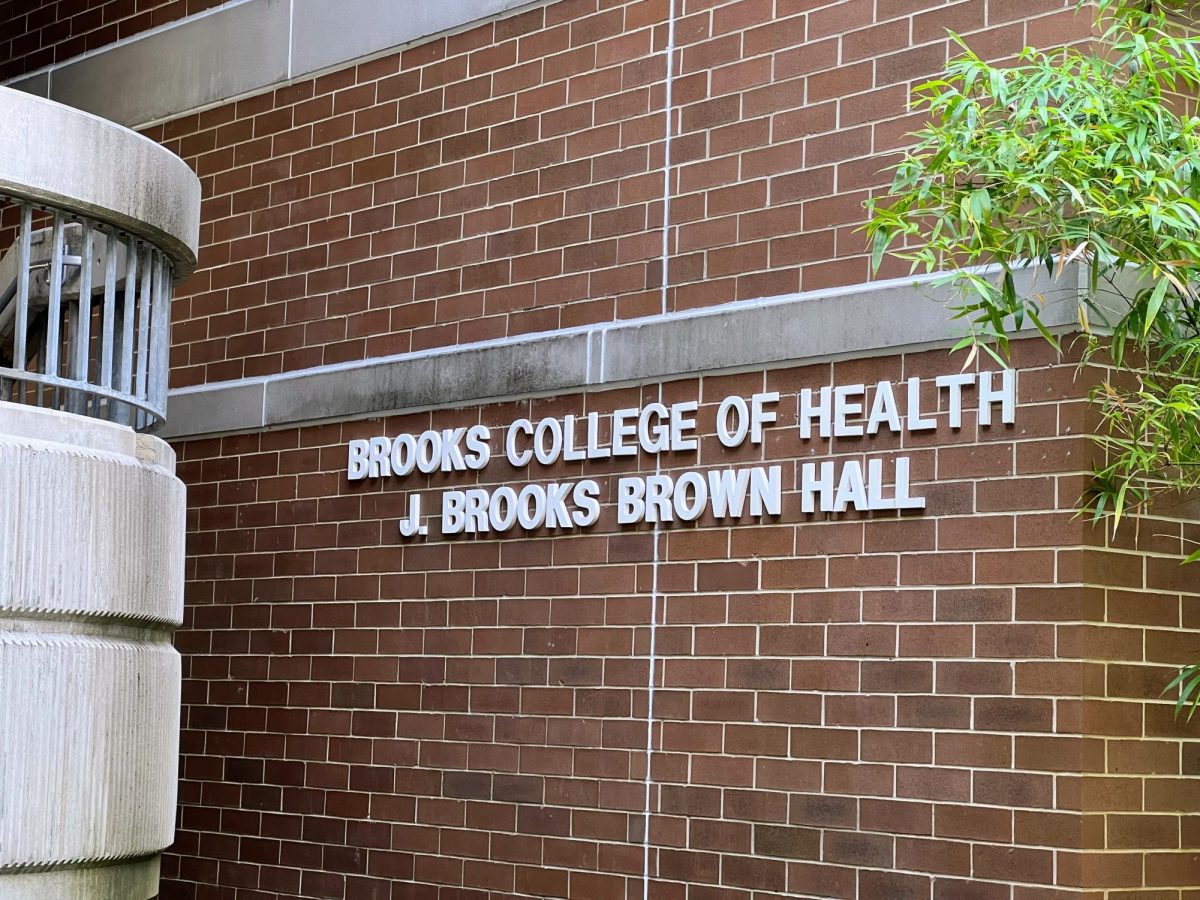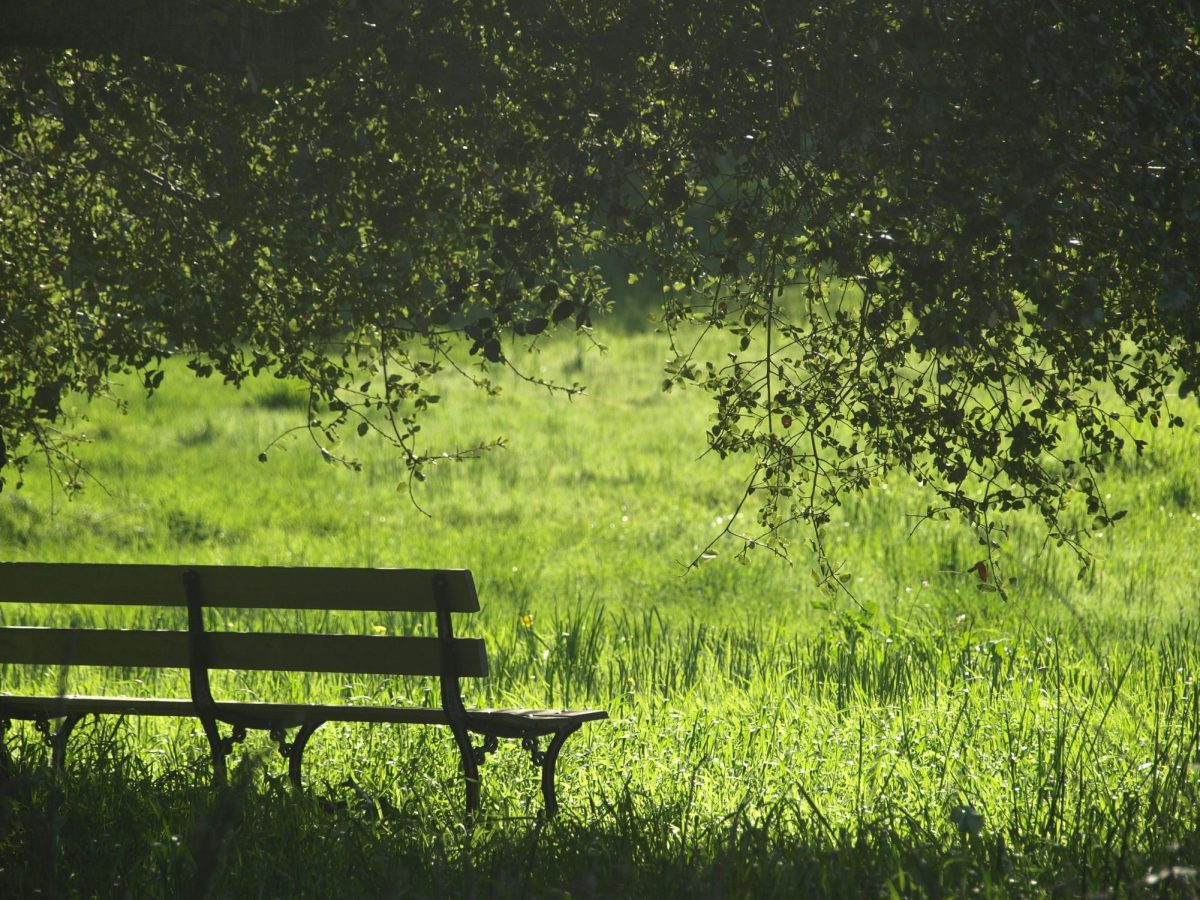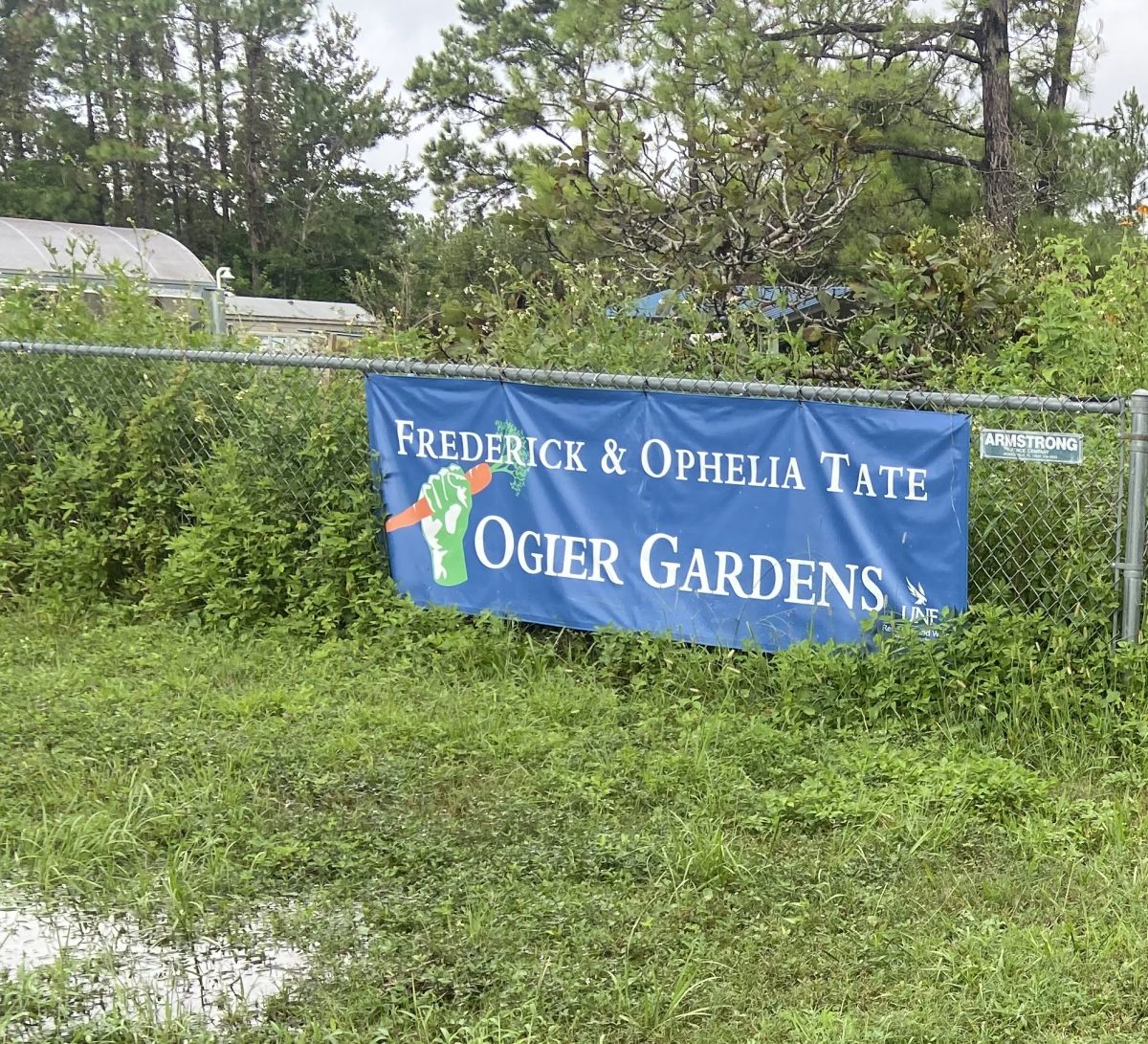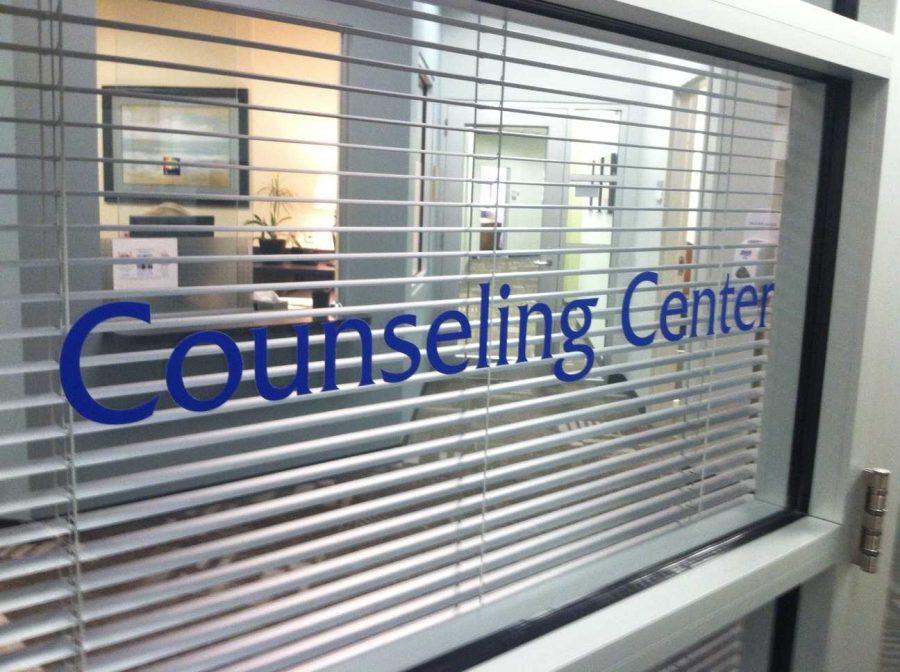2020 has become an increasingly difficult year to cope with. Everyone’s routine has been upended by a global pandemic causing increased feelings of anxiety, overwhelm and isolation. To top it off, there are larger issues of racial injustices sparking protests that address the racial divides, which America has faced for centuries.
This year has been a lot to take on, in regards for our emotional and mental wellbeing.
Spinnaker sat down with a post-doctoral resident, Shannon York, from the University of North Florida Counseling Center to discuss healthy coping mechanisms to deal with everything this year has thrown at us.
“I think we are all exhausted. I think this began with the shift to move everything back to our homes, to this idea of staying at home in order to keep our larger community safe,” York said. “That’s a huge adjustment for us.”
With the spread of Covid-19 across the country, the world around us has this invisible danger around every corner. Everyday places like grocery stores can feel, “epically dangerous, like an Indiana Jones adventure,” York said.
“It’s always that constant lingering anxiety of what if, what next, and what’s gonna happen. I think because of that – we are all just worn out,” York said. “That’s where we’ve started and now we’re moving into adding on top of that, the racial injustice movement that has stirred up so many more emotions: anger, fear, grief, confusion, overwhelm, exhaustion. So I think we have kinda a perfect storm for psychological struggles right now.”
Considering the fact that we are only halfway through the year, we have all been through so much. That is why learning to check in with yourself is an important skill to develop, even if the learning curve is steep.
York lists out simple techniques to be mindful of your body and manage the stress and anxiety when venturing out of our homes, “in an anticipatory way, as opposed to a reactive way.”
Imagine you are in the grocery store parking lot and you’re feeling stressed about going in. Try this breathing technique.
“I might spend a few minutes doing some paced breathing. I count how many breaths I’m breathing in a minute and then do a second minute where I just slow the exhales a tiny bit and see if I can get that number down by a few breaths per minute,” York said. “Then I know I’ve counted. I have a baseline, so I know where I started with the baseline of the anxiety […] and I can see that I’ve come down a little bit. Our body’s in this fight or flight all of the time, with all of these multiple anxieties that we’re facing. We want to take time to slow that body down, so it can relay the message to the mind that we’re okay.”
The next step, according to York, is to do a safety check with yourself. Ask yourself what helps you feel safe – For example, having a mask with you when you go out, or wearing gloves, getting food delivered to your front door. Figuring out what small things you can do within your own power to feel safer overall can add up to create a sense of wellbeing during these uncertain times.
The psychological results of being in a pandemic are being widely discussed across the world. York details the three impacts on our psyche, which internationally renowned psychologist Ester Perel has laid out.
“One is prolonged uncertainty, another one is ambiguous loss, and the third is anticipatory grief,” York said.
So what do these things mean in our everyday lives and how do we cope with these ambiguous effects on our own well being?
“The prolonged uncertainty is we have no idea how long this is gonna last. ‘Are my classes gonna be online? Are they gonna be in person? Am I gonna be able to stay in a dorm? Where am I gonna get my next meal? What’s the grocery store gonna be like?’ So all of that uncertainty, that’s the fight or flight we have activating every time we have one of those future questions that we can’t answer,” York said.
When we experience fight or flight in the face of danger, the body releases adrenaline that gives us the power to escape danger and find safety. However when we live in a constant state of fight or flight, due to uncertainty, that impacts our body in damaging ways. The simple practice of breathing deeply and being mindful of our thoughts can help us return to a calmer physiological state.
York describes the second psychological impact we face during this pandemic:
“The ambiguous loss is losing all of the kind of things of normalcy that we used to have. Things that we just no longer have, but it’s not a loss like oh my dog passed away,” York said. “It’s not something I can name or put a feeling to and understand how to process for. We don’t have a history of this. We don’t know how to deal with this, so it’s this kind of ambiguous. Things are different and it doesn’t feel good, but I don’t know why.”
The sense of confusion towards this new feeling of ambiguous loss can be difficult to put words to. Humans have a need to organize the chaos around us and make things make sense, however it is a new challenge in today’s world to feel like normal doesn’t exist anymore. Even if we are isolated from one another, none of us are alone in feeling this way.
“The third part is anticipatory grief and that can be grieving both the fear of death, like ‘Are my parents gonna be okay?’ […] But also grieving the loss of potentially losing housing, or potentially losing going out to the bars again, or restaurants being closed again,” York said. “It’s the fear of more loss, when we’ve already given up so much, and that’s been so hard to deal with in and of itself.”
If there’s one thing humans are naturally good at, it’s adapting to new challenges. This year has proven to be a confluence of calamity, but we are equipped to find solutions. Finding balance for yourself and doing your part to keep our community safe is possible for each one of us. And asking for help, support and guidance is always available, especially at the UNF Counseling Center.
To watch the full interview with Shannon York about healthy coping mechanisms to deal with quarantine fatigue, as well as, healing from social unrest, go to UNF Spinnaker on Youtube.
Enjoy episode three of Tough Talks.
___
For more information or news tips, or if you see an error in this story or have any compliments or concerns, contact editor@unfspinnaker.com.















